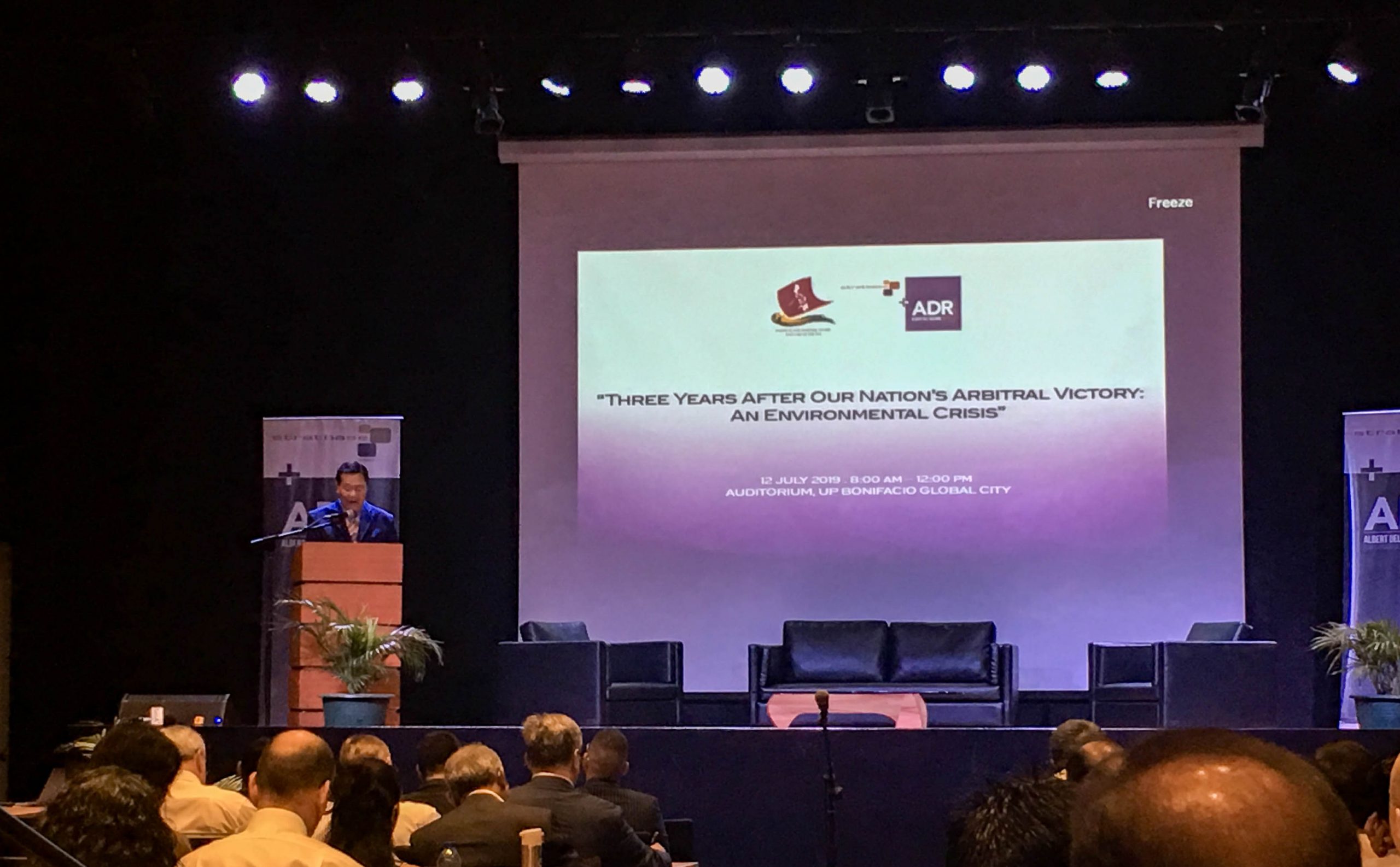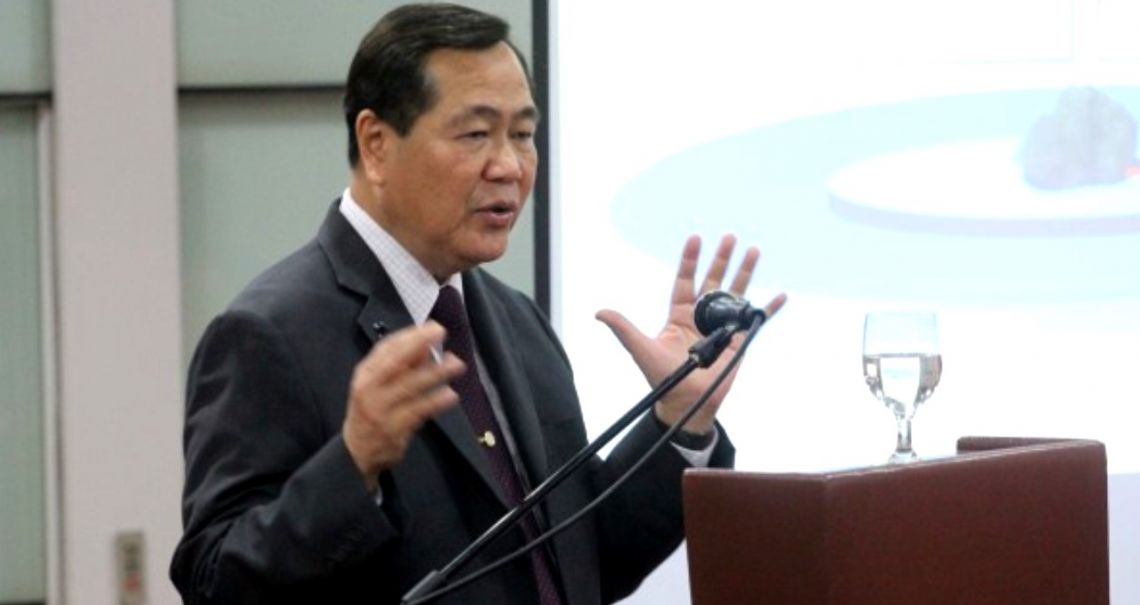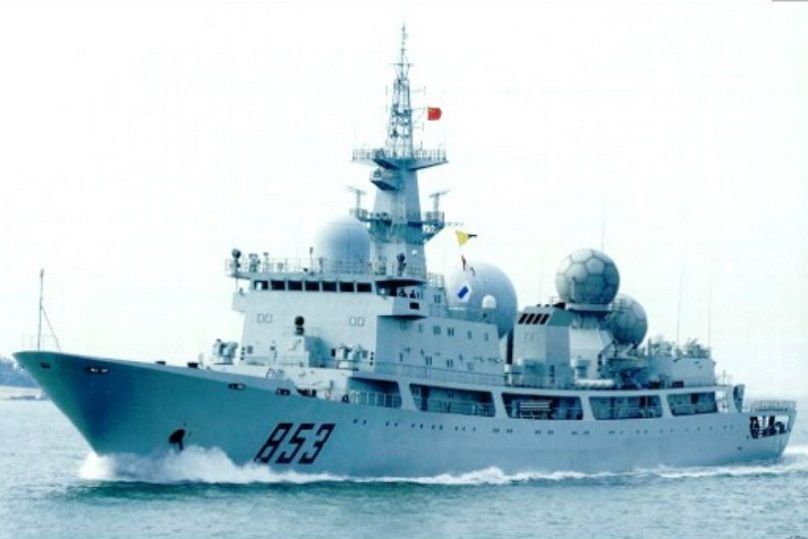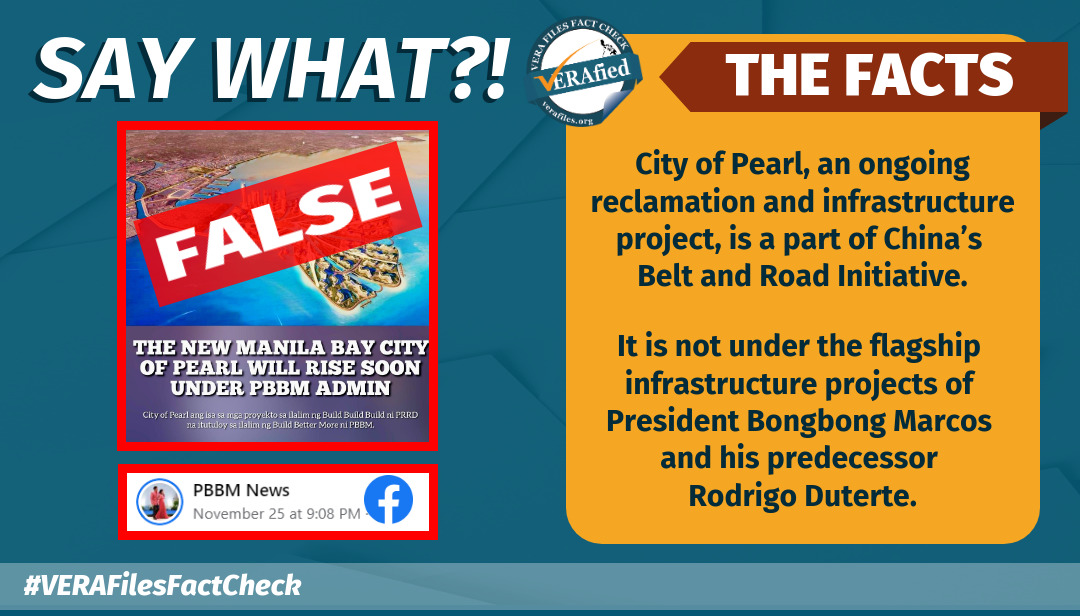If President Rodrigo Duterte makes a statement about his verbal fishing deal with China in his State of the Nation Address (SONA) on July 22, then it would become “legally binding” under international law. But it would still be unconstitutional.
Supreme Court Senior Associate Justice Antonio Carpio said this in a forum marking the third year since the Philippines’ historic win against China on the South China Sea dispute at the Permanent Court of Arbitration (PCA).
“He (Duterte) has already signalled that, that’s what he’s going to say…The moment he makes that statement in the SONA is a final confirmation that [the] verbal agreement is now a legal agreement, binding on the Philippines and China,” Carpio said.
In a November 2018 forum entitled “Maritime Disputes in the South China Sea,” Carpio mentioned a doctrine in international law that says declarations publicly made by a head of state or a government’s foreign minister that manifests a will to be bound, may have the effect of creating legal obligations. (See: Carpio reveals DFA’s timely clarification on Duterte’s 2016 statement saved PH Arbitral Tribunal win)
Presidential Spokesperson Salvador Panelo said in a press briefing July 2, that under the verbal agreement, the Philippines will open its exclusive economic zone (EEZ) to Chinese fisherfolk so long as China leaves Filipino fisherfolk in the Scarborough Shoal unharmed.
“If you remember before in Scarborough, we could not fish; our fishermen were being driven away but after that agreement with the president they’re not being molested,” Panelo said.
The deal would “diminish” the PCA ruling and put the country at the “losing end,” Carpio said.
“[W]e are terribly at the losing end of that agreement because we are opening the entire West Philippine Sea to China’s fishing fleet in exchange for our fishermen to fish in the periphery of the Scarborough Shoal. It’s just lopsided,” he said.
Duterte first let slip about the supposed deal in a June 26 speech in the aftermath of the June 9 collision at Recto Bank, which, along with the Scarborough Shoal, is within the country’s EEZ.
The incident, which endangered the lives of 22 Filipinos, was characterized as a “very serious marine casualty” in the joint investigation of the Philippine Coast Guard and Maritime Industry Authority. The agencies also noted the Chinese vessel “failed to take appropriate actions to avoid risk of collision and to render assistance to a vessel in distress.” The investigation did not say whether the collision was intentional or not.
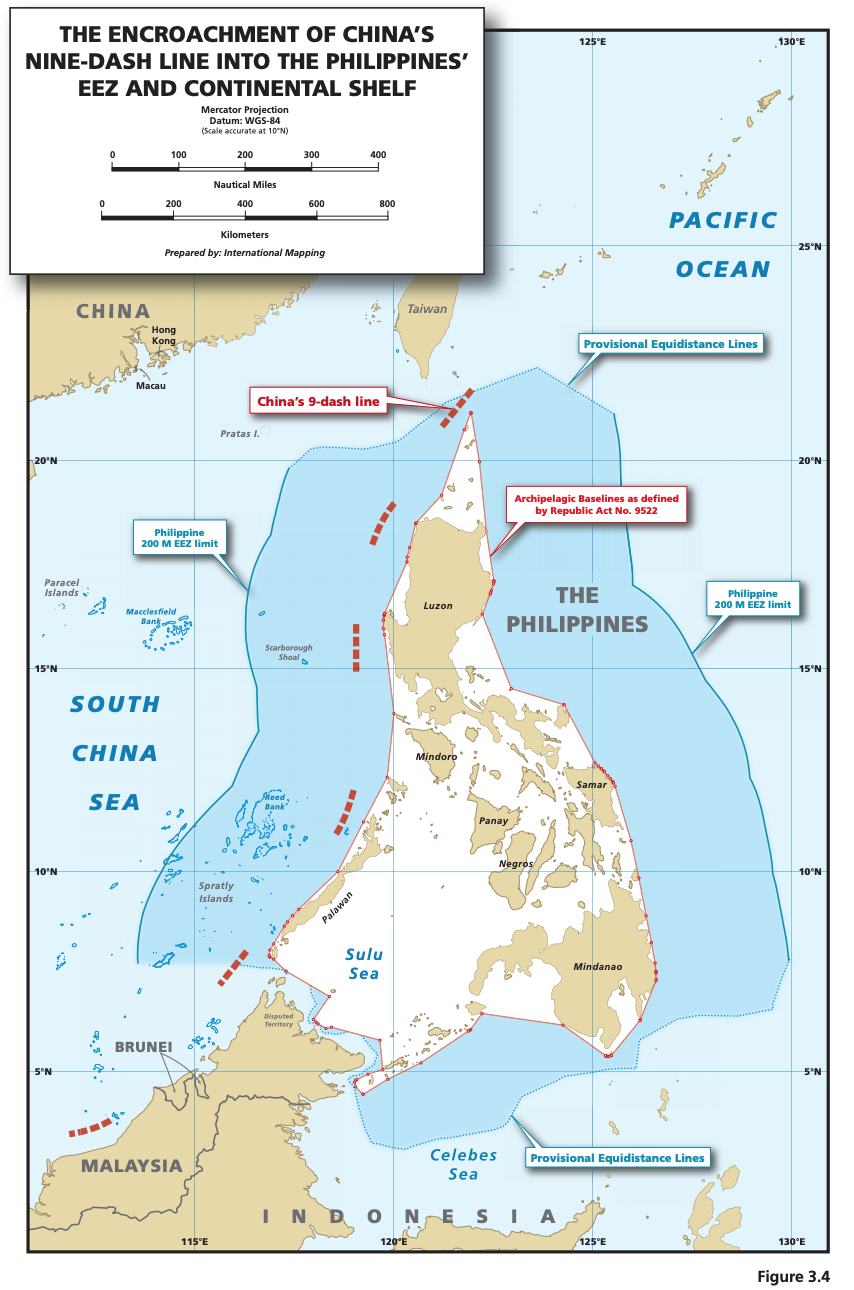
After drawing much flak from his statement, Duterte on July 8 said he will “maybe” take time in his third SONA to “educate” people why his agreement with Xi was “in keeping with the law.”
Under the United Nations Convention on the Law of the Sea (UNCLOS), a coastal State, like the Philippines, has exclusive or sovereign rights to explore and exploit the resources within its EEZ. But it may also give foreign states access in the area, subject to certain conditions.
On the contrary, Art. 12, Sec. 2 of the 1987 Constitution explicitly mandates the State to “reserve the use and enjoyment” of the nation’s marine wealth — including its EEZ — “exclusively to Filipino citizens.” (See: VERA FILES FACT CHECK: Allowing China to fish in PH EEZ violates Constitution, local laws)
Hence, while it may be accepted internationally, “if that verbal agreement is brought to the Supreme Court, we follow the Constitution. The president cannot do that because he has no power to concede sovereign rights of the Philippines,” Carpio said.
